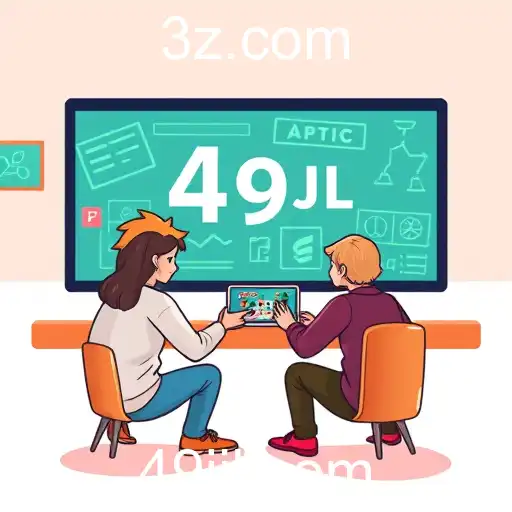
In recent years, the line between education and entertainment has increasingly been blurred, resulting in a shift that now sees gaming as an integral part of learning. As we navigate through 2025, education systems worldwide are leveraging the allure of gaming to engage students more effectively. The English game website, often searched with the keyword '49jl', has emerged as a significant player in this evolving landscape, showcasing how technology and entertainment merge to create educational value.
Educational institutions have realized the potential of online games to enhance learning experiences. The interactive nature of these platforms appeals to the digital-native generation by providing a more immersive and engaging educational experience. Online gaming has proven particularly effective in subjects requiring critical thinking and problem-solving skills, helping students grasp complex concepts in a more intuitive manner.
The shift is not merely about making learning fun, but also about embracing innovation. Gaming in education allows for adaptive learning experiences, where game mechanics can be tailored to meet the individual needs of students. This personalized approach ensures that students remain engaged and receive an education that caters to their specific learning styles. The '49jl' keyword represents an entry point into this world of custom-tailored educational gaming, where lessons are designed to be as compelling as they are informative.
Moreover, online gaming platforms have perfected the art of data analysis to enhance their offerings. By analyzing gaming behaviors and learning patterns, these platforms continually refine their methods, ensuring content remains relevant and engaging. This dynamic nature of gaming content ensures that as educational requirements evolve, so too do the games that support them.
The implications of integrating online gaming into education extend beyond traditional classroom settings. It prepares students for the future workforce, where digital proficiency is paramount. In an age where remote work and digital collaboration are standard practices, the skills honed through educational gaming platforms offer students a head start.
As we move forward, '49jl' and similar keywords will continue to define the intersection between play and learning. Collectively, they indicate a growing acceptance and acknowledgment of gaming as a legitimate educational tool, reflecting broader societal changes in the perception of both education and entertainment. The challenge now lies in optimizing these tools to their fullest potential, ensuring that education is not only informative but also inspiring.


